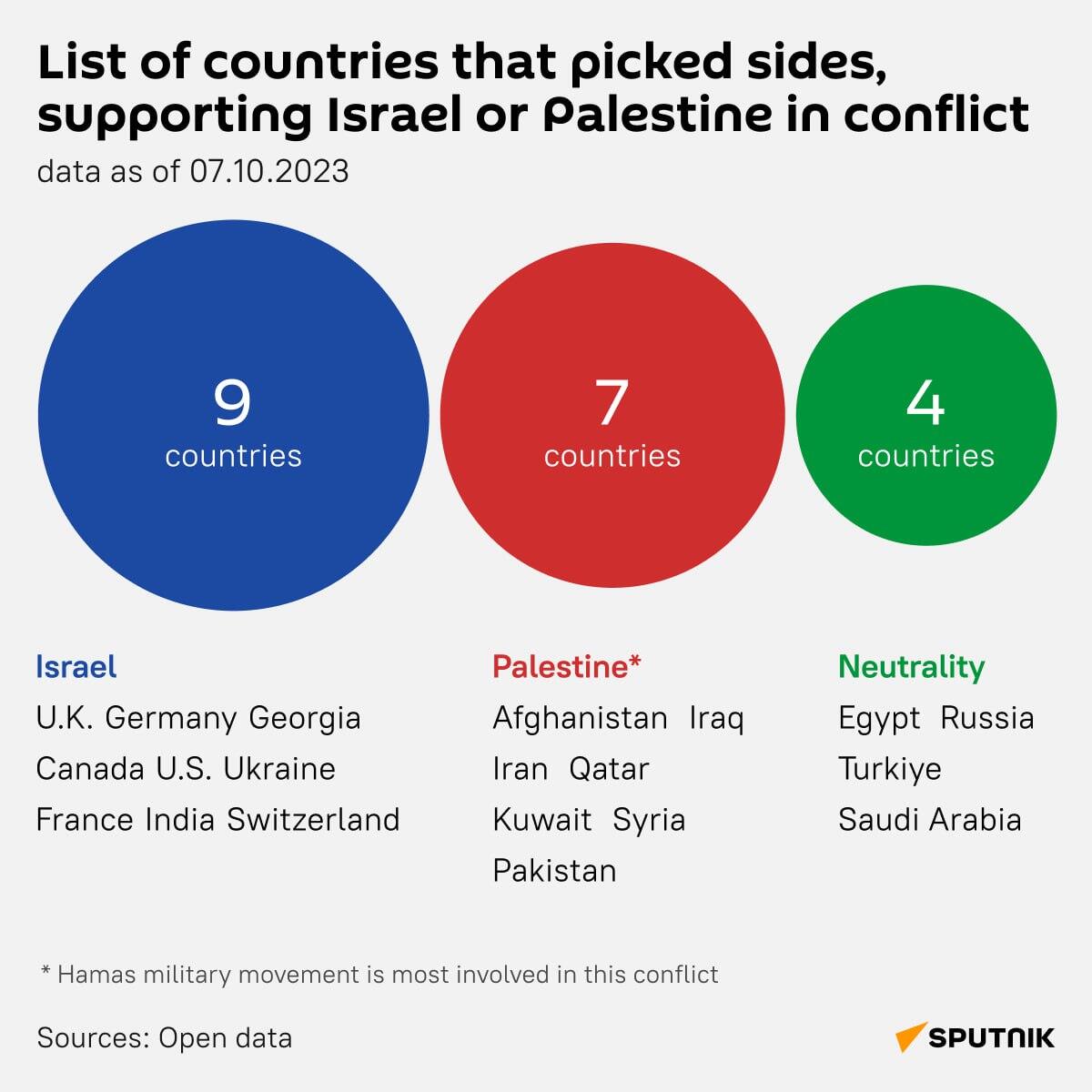The Baha’i teachings encompass a profound yet pragmatic approach to the notion of peace and conflict. Central to this worldview is the unequivocal stance of non-violence, encapsulated in the declaration, “I refuse to make war.” This principle is rooted in a broader framework that seeks not only the cessation of hostilities but also the fostering of universal harmony. The following exploration delineates the multifaceted dimensions of the Baha’i perspective on conflict, emphasizing the imperative of peace in an age rife with strife.
Understanding the Baha’i Perspective on Conflict
To grasp the Baha’i stance on conflict, it is quintessential to appreciate its foundational principles. The teachings elucidate that the world is an interconnected entity, wherein the well-being of one is inextricably linked to the well-being of all. Consequently, conflict — particularly war — is perceived as antithetical to the core tenets of Baha’i faith, which advocate for unity, love, and cooperation among humanity.
The doctrine posits that conflict arises not from intractable differences but from a lack of understanding and empathy. Hence, the Baha’i approach advocates for dialogue, education, and the cultivation of a sense of global citizenship as tools to mitigate discord.
The Role of Education in Conflict Resolution
Education occupies a pivotal role within the Baha’i framework of conflict resolution. The Baha’i teachings emphasize the transformation of society through the empowerment of individuals via knowledge. Educating both children and adults about the principles of justice, equality, and mutual respect forms the cornerstone of nurturing harmonious relationships.
Moreover, education fosters critical thinking, enabling individuals to engage with differing viewpoints empathetically. This, in turn, cultivates a culture of peaceful coexistence. Baha’is believe that through informed understanding, the root causes of conflict can be addressed, thereby reducing the propensity for violence.
Universal Brotherhood and Its Implications
The doctrine of universal brotherhood is a linchpin of Baha’i teachings, asserting that all human beings belong to one family. This ideology transcends boundaries of race, nationality, and religion, positing that such distinctions should not impede our intrinsic unity. The Baha’i faith promotes active participation in international initiatives that seek to unite humanity and resolve conflicts through diplomatic means rather than military interventions.
In harmony with this belief, the Baha’is advocate for the establishment of just governmental systems that embody principles of equity and accountability. The vision includes a global federation that upholds the sanctity of human rights and fosters collaborative international governance. Such systems aim to address grievances through lawful channels, thereby eschewing the path to war.
Spiritual Foundations of Non-Violence
The spiritual underpinnings of the Baha’i stance on conflict are deeply rooted in the teachings of Baha’u’llah. The vision of a peaceful world is articulated not merely as an ideal but as a divine imperative. Central to this spirituality is the notion of love as a transformative force capable of dissolving enmity and fostering reconciliation.
Baha’is are encouraged to engage in prayers and meditations that cultivate a sense of inner peace and communal harmony. This spiritual practice is deemed essential for any authentic pursuit of peace, allowing individuals to embody the values they aspire to see in the world. Through conscious acts of loving-kindness, Baha’is manifest their commitment to conflict resolution at both personal and communal levels.
Non-Violent Action and Social Transformation
Non-violent action is not merely a passive stance; it is an active engagement in social transformation. The Baha’i teachings advocate for constructive forms of resistance against injustice, equipped with a moral compass that eschews violence. This approach is exemplified by participation in social movements that align with Baha’i principles, such as gender equality and the eradication of prejudice.
An essential aspect of this activism is the promotion of dialogue platforms that facilitate understanding and healing. Baha’is are called to employ creative means of expression — art, literature, and community engagement — to illuminate the path toward collective healing from historical grievances.
Baha’i Community Initiatives for Peace
Baha’i communities worldwide engage in myriad initiatives aimed at fostering peace and well-being. These initiatives often include interfaith dialogues and community-building activities designed to bridge divides and cultivate mutual respect. Baha’is believe that through collaborative local efforts, they can contribute to the broader objective of establishing enduring peace.
Moreover, the Baha’i International Community actively participates in international forums advocating for peace, urging global leaders to prioritize diplomacy and humanitarian efforts in times of conflict. By promoting constructive engagement at various levels, Baha’is exemplify their commitment to the principle of non-violence.
Conclusion: A Collective Responsibility for Peace
The Baha’i stance on conflict, articulated through the phrase “I refuse to make war,” encapsulates a vision of a harmonious global society predicated on principles of unity, justice, and love. Through education, spiritual practice, and active engagement, individuals are equipped to navigate the complexities of contemporary conflicts with grace and conviction.
Ultimately, the Baha’i teachings implore humanity to recognize that the resolution of conflict is not solely the responsibility of governments and leaders, but rather a collective endeavor requiring the commitment of every individual. In fostering peace within ourselves and extending it to our communities, we take a decisive step toward transforming the world into a bastion of serenity and goodwill.
